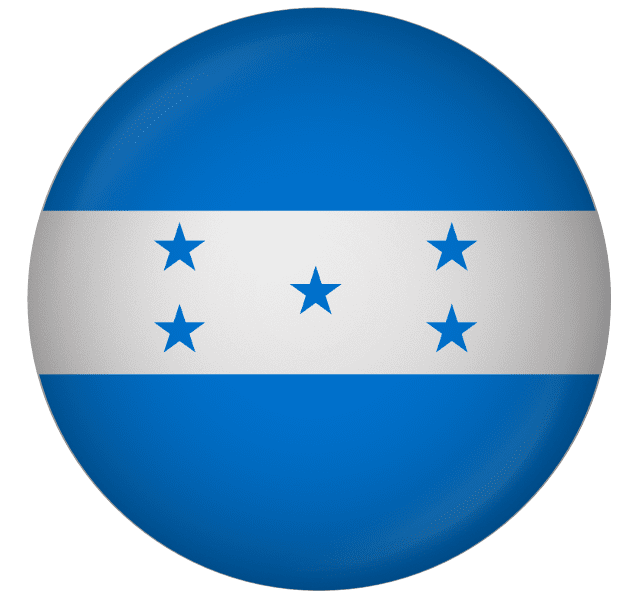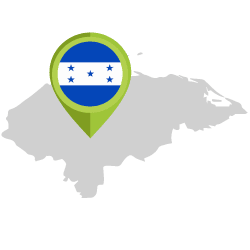Before the Spanish colonization in the sixteenth century, Honduras was home to several prominent Mesoamerican cultures, most notably the Maya. The Spanish brought Roman Catholicism and the now-dominant Spanish language, as well as a slew of practices that have become ingrained in the local culture. Honduras gained independence in 1821 and has been a republic ever since, despite the fact that it has long been a source of social unrest and political instability, and it is still one of the poorest countries in the Western Hemisphere. The International Court of Justice moved the northern half of what was once the Mosquito Coast from Nicaragua to Honduras in 1960.
Honduras gained independence in 1821 and has been a republic ever since, despite the fact that it has long been a source of social unrest and political instability, and it is still one of the poorest countries in the Western Hemisphere. The International Court of Justice moved the northern half of what was once the Mosquito Coast from Nicaragua to Honduras in 1960.
Honduras is governed by a presidential representative democratic republic system. Honduras’ President serves as both the country’s head of state and the country’s head of government. The Honduran government wields executive power. The National Congress of Honduras has legislative authority. The judiciary is separate from both the executive and legislative branches.



